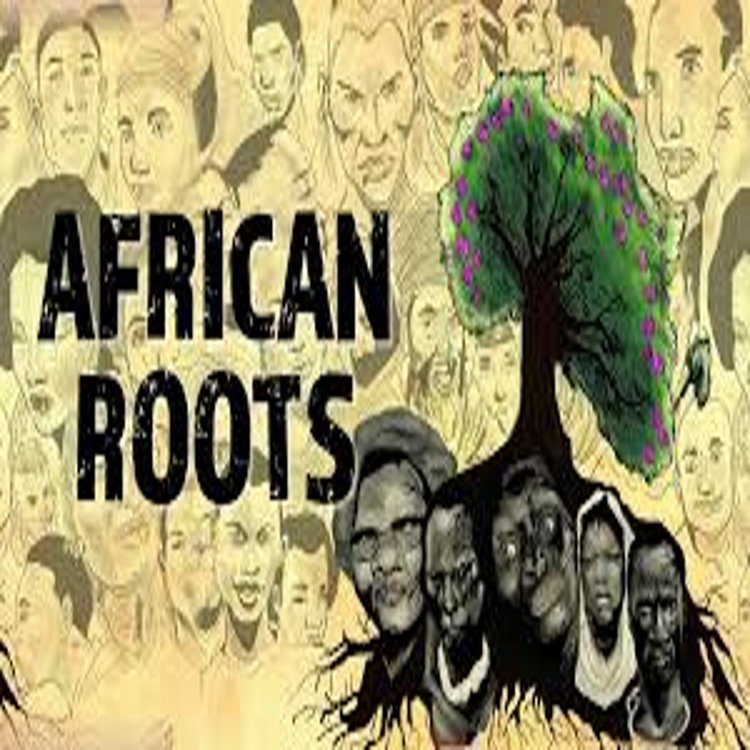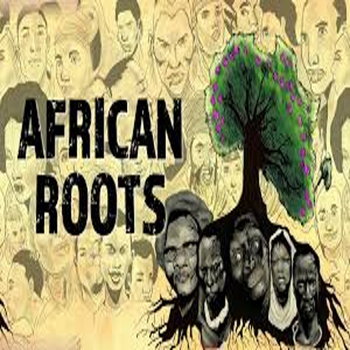
Ngungunyane, the king against Portuguese occupation
Loading player...
He was the last king of Gaza. And he resisted Portuguese occupation. A century after his death, Ngungunyane came to symbolize Mozambican resistance. But he remains a controversial figure.
When and where did Ngungunyane live? Ngungunyane — also known as Mudungazi — was born around 1850 in the territory of the southeast African Gaza Empire. His grandfather Manukosi ruled over a vast territory. At its peak it stretched from the Incomati river in the south and the Indian Ocean in the east to the Zambezi and Save rivers in the north, covering much of what is today Mozambican territory, as well as parts of neighboring countries. Ngungunyane would become the last Gaza king before the empire was defeated by the Portuguese. He died December 23rd, 1906, while in exile on Terceira Island.
How did Ngungunyane rise to power? After the death of Ngungunyane's grandfather, Manukosi, in 1858, a war between his two heirs was ultimately won by his son Muzila, with the support of Portuguese authorities. But deciding his successor was problematic. As the son of Muzila and his favourite wife, Yosio, Mdungazwe — as he was then known — ordered the killing of one of his halfbrothers who also had a claim to the throne and rose to power in 1884. He changed his name to Ngungunyane, meaning "the terrible" or "the invincible". For 11 years he ruled with absolute power and used excessive force in the handling of vassal peoples.
How did Ngungunyane relate to the Europeans? Ngungunyane took power a few months before the Berlin Conference (1884-85) was held, where European nations divided Africa among themselves, often viewed today as
the formalization of the so-called 'Scramble for Africa.' In the face of Great Britain and Germany's growing interest in the Mozambican territories, Portugal felt increasing pressure to impose its power on the region and suppress the Gaza Empire.
When and where did Ngungunyane live? Ngungunyane — also known as Mudungazi — was born around 1850 in the territory of the southeast African Gaza Empire. His grandfather Manukosi ruled over a vast territory. At its peak it stretched from the Incomati river in the south and the Indian Ocean in the east to the Zambezi and Save rivers in the north, covering much of what is today Mozambican territory, as well as parts of neighboring countries. Ngungunyane would become the last Gaza king before the empire was defeated by the Portuguese. He died December 23rd, 1906, while in exile on Terceira Island.
How did Ngungunyane rise to power? After the death of Ngungunyane's grandfather, Manukosi, in 1858, a war between his two heirs was ultimately won by his son Muzila, with the support of Portuguese authorities. But deciding his successor was problematic. As the son of Muzila and his favourite wife, Yosio, Mdungazwe — as he was then known — ordered the killing of one of his halfbrothers who also had a claim to the throne and rose to power in 1884. He changed his name to Ngungunyane, meaning "the terrible" or "the invincible". For 11 years he ruled with absolute power and used excessive force in the handling of vassal peoples.
How did Ngungunyane relate to the Europeans? Ngungunyane took power a few months before the Berlin Conference (1884-85) was held, where European nations divided Africa among themselves, often viewed today as
the formalization of the so-called 'Scramble for Africa.' In the face of Great Britain and Germany's growing interest in the Mozambican territories, Portugal felt increasing pressure to impose its power on the region and suppress the Gaza Empire.

